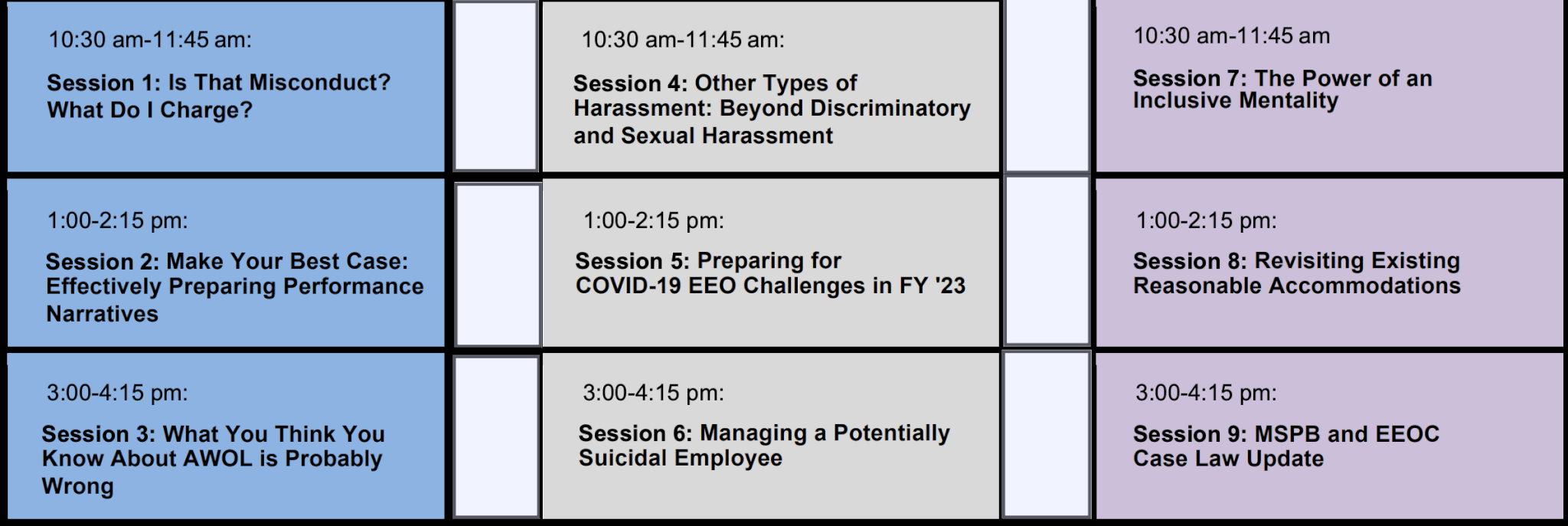By Deborah Hopkins, January 11, 2021
Unless you were living under a rock on a deserted island without Wi-Fi for the last week, you saw the horrifying sight of a mob of American citizens, in protest of the results of the Presidential election, rioting at the United States Capitol.
Dozens, if not hundreds, of individuals engaged in violence against law enforcement officers, broke into one of our country’s most sacred buildings, destroyed government and personal property, smoked marijuana, defaced statues, stole government property, and drove our elected Members of Congress and their staffs – dedicated federal employees – to evacuate the building in fear for their safety. At least 5 deaths have been reported.
So, what would, could, or should happen if one of the rioters turned out to be a federal employee? We know that private sector companies have issued terminations. Can a federal agency fire such an employee?
When asking and answering this age-old question, it’s important to remember the discipline framework, regardless of the nature of the conduct. Following the framework will bring you to the right answer every time. At FELTG, we call this framework the Five Elements of Discipline.
I’m not going to fill in the answers for you; instead I am intentionally leaving space so that you can do the work and come to your own conclusion, with the guidance of some helpful hints in italics and a few Notes that might be of interest.
Element 1. Did the employee violate a rule?
Hint: Rules can come from a variety of places — statute, regulation, policy, should-have-known, agency SOP, code of conduct, supervisor’s unique rule, common sense, etc.
What rule(s) did the employee violate?
Note on nexus. Keep in mind if the misconduct occurs off-duty, there must be a nexus between the misconduct and the efficiency of the service. Assaulting a Federal police officer or destroying Federal property, and other things of that nature, show a link between the misconduct and the efficiency of the service.
Element 2. Does the employee know the rule exists?
Hint: An agency can’t enforce secret rules, so it has to show the employee knew, or should have known, there was a rule prohibiting such conduct.
What notice does this employee have, based on the rule(s) identified in Element 1?
Element 3. What evidence do you have that the employee broke the rule?
Hint: News footage, social media posts, emails sent on a government computer, courtroom testimony, and more have all been used as evidence in administrative cases.
What evidence would you use – and is it evidence at the preponderant level?
Element 4. Is removal an appropriate penalty?
Hint: Use the Douglas factors to get to the outcome. If you need a reminder, a Douglas Factors Worksheet can be found here: https://feltg-stage-ada.stage3.estlandhosting.com/douglas-factors-worksheet/.
Note: In egregious cases such as these, you’ll want to hit hard the Douglas factor of the harm or potential for harm, but don’t ignore other factors such as job level, the cost of the damage, your trust and confidence in the employee, the potential for rehabilitation, and the employee’s past misconduct, especially if it involves violence, insubordination, or similar.
Element 5. Will you provide due process?
Hint: As tempting as it might be to tell someone who assaulted a Capitol Police Officer with a lead pipe “You’re fired, effective immediately,” you’ll want to be sure to follow the due process requirements that most career employees enjoy. That’s right, this citizen who has attempted to overturn the Constitution, is still entitled to his own Constitutional employment protections.
List the three-step due process requirement you’ll provide.
1.
2.
3.
(If you don’t know the process, then check out this article for a reminder: https://feltg-stage-ada.stage3.estlandhosting.com/due-process-challenges-in-a-covid-19-world/)
Additional Considerations
A- If the employee was supposed to be working at the time they were breaking into the Capitol, the agency can charge the employee AWOL. In fact, that might be a streamlined way of getting to the removal, without having to rely on anything involving the violent behavior.
If the employee was arrested and didn’t show up to work the next day because they were in jail, the agency can also charge AWOL for that time. An employee’s annual leave request does NOT have to be approved because they are in jail.
OPM says annual leave requests may be denied if the agency’s denial is reasonable. You tell me: Is it reasonable to deny annual leave to someone who tried to overthrow Congress, assaulted federal LEOs, and destroyed government property in the process?
B – The agency can (and should) put the employee on Administrative Leave during the notice period, so they don’t come after you with a lead pipe because you’ve proposed their removal. Once regulations are issued on 5 U.S.C. 6329b the agency can use Notice Leave instead.
C – There are obviously criminal implications here. Because a removal is an administrative procedure, the agency does NOT need to wait for criminal charges to be brought, let alone a criminal conviction. Charge the underlying misconduct (for example, conduct unbecoming a Federal employee) and prove it by a preponderance of the evidence, and this employee could be off the payroll before investigators or police have paid him a single visit.
D – If you want to take the employee off the payroll even faster, you can invoke the Crime Provision under 5 U.S.C. 7513(b)(1).
We talk about all these things in upcoming training classes including UnCivil Servant: Holding Employees Accountable for Performance and Conduct (February 10-11) and MSPB Law Week (March 29-April 2). I hope you’ll join us. And please – stay safe out there. Hopkins@FELTG.com


 3 – Learn from experienced presenters.
3 – Learn from experienced presenters. 5 – Pay for only the sessions you want to attend.
5 – Pay for only the sessions you want to attend. We discuss misconduct a lot during some FELTG training classes. And in other classes, we discuss sexual harassment in the workplace. Sometimes these two matters are discussed in the same class because rarely do workplace issues occur in a vacuum.
We discuss misconduct a lot during some FELTG training classes. And in other classes, we discuss sexual harassment in the workplace. Sometimes these two matters are discussed in the same class because rarely do workplace issues occur in a vacuum. In federal sector employment law, we often use terms of art that carry very specific meaning. These terms may vary from a typical dictionary definition, or even from a black-letter law definition. Examples include discipline, due process, notice, response, representative, supervisor, and even employee.
In federal sector employment law, we often use terms of art that carry very specific meaning. These terms may vary from a typical dictionary definition, or even from a black-letter law definition. Examples include discipline, due process, notice, response, representative, supervisor, and even employee.